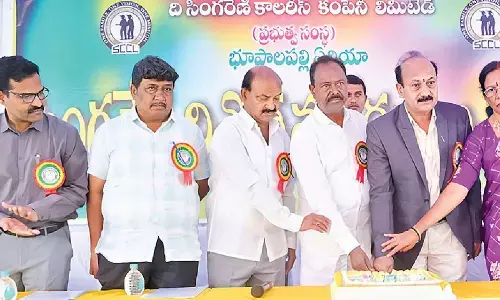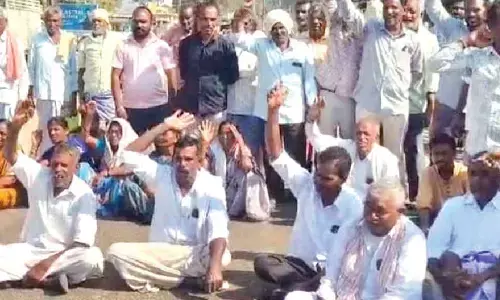Health experts advocate for routine screening to detect ovarian cancer early

As ovarian cancer remains a leading cause of death among women, health professionals urge the implementation of routine screening programs for early detection, which could significantly improve prognosis and treatment outcomes.
Health experts are highlighting the critical need for routine screening programs to detect ovarian cancer early, as the disease continues to be a significant cause of mortality among women. Despite advancements in medical science, ovarian cancer often goes undetected until it reaches advanced stages, posing challenges for effective treatment and management.
Dr Kanav Kumar, a Surgical Oncologist at the Punyashlok Ahilyadevi Holkar Head & Neck Cancer Institute of India in Mumbai, emphasized the importance of early detection techniques in combating ovarian cancer. He noted that the absence of routine screening programs contributes to delayed diagnoses, resulting in limited treatment options and poor prognoses for patients.
The incidence of ovarian cancer in India is influenced by various factors, including limited access to healthcare services, especially in rural areas. Dr. Kumar emphasized the urgent need for widespread implementation of screening programs to improve early detection rates and subsequently enhance treatment outcomes.
Dr. Pritam Kataria, a Consultant Medical Oncologist at Sir HN Reliance Foundation Hospital, highlighted the challenges associated with diagnosing ovarian cancer at later stages. Due to the lack of sensitive and specific screening methods, patients often present with advanced disease, leading to higher mortality rates.
Studies have shown that aging and menopause can increase the risk of ovarian and other cancers, with older age at menopause associated with a higher risk of developing ovarian cancer. Dr. Kumar explained that prolonged exposure to reproductive hormones and genetic mutations accumulated over time contribute to the elevated risk among older women.
In addition to aging and menopause, other risk factors for ovarian cancer include obesity, endometriosis, and long-term use of hormone replacement therapy (HRT). Women approaching menopause are advised to be vigilant about symptoms such as abdominal or breast lumps, changes in bowel habits, postmenopausal bleeding, or bloating sensations, as these could indicate the presence of ovarian cancer or other malignancies.
Health experts underscore the importance of raising awareness about ovarian cancer symptoms and risk factors, as well as advocating for the implementation of routine screening programs to facilitate early detection and improve treatment outcomes. With early intervention and timely management, the prognosis for ovarian cancer patients can be significantly improved, potentially saving lives and reducing the burden of this deadly disease.














